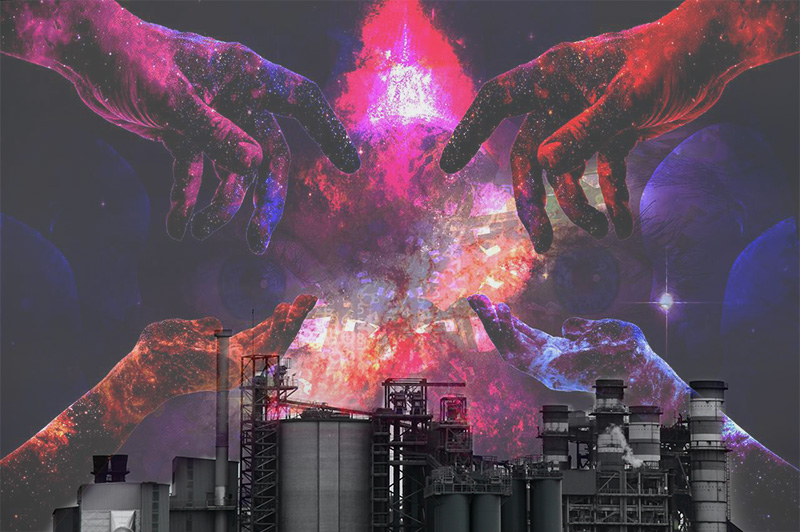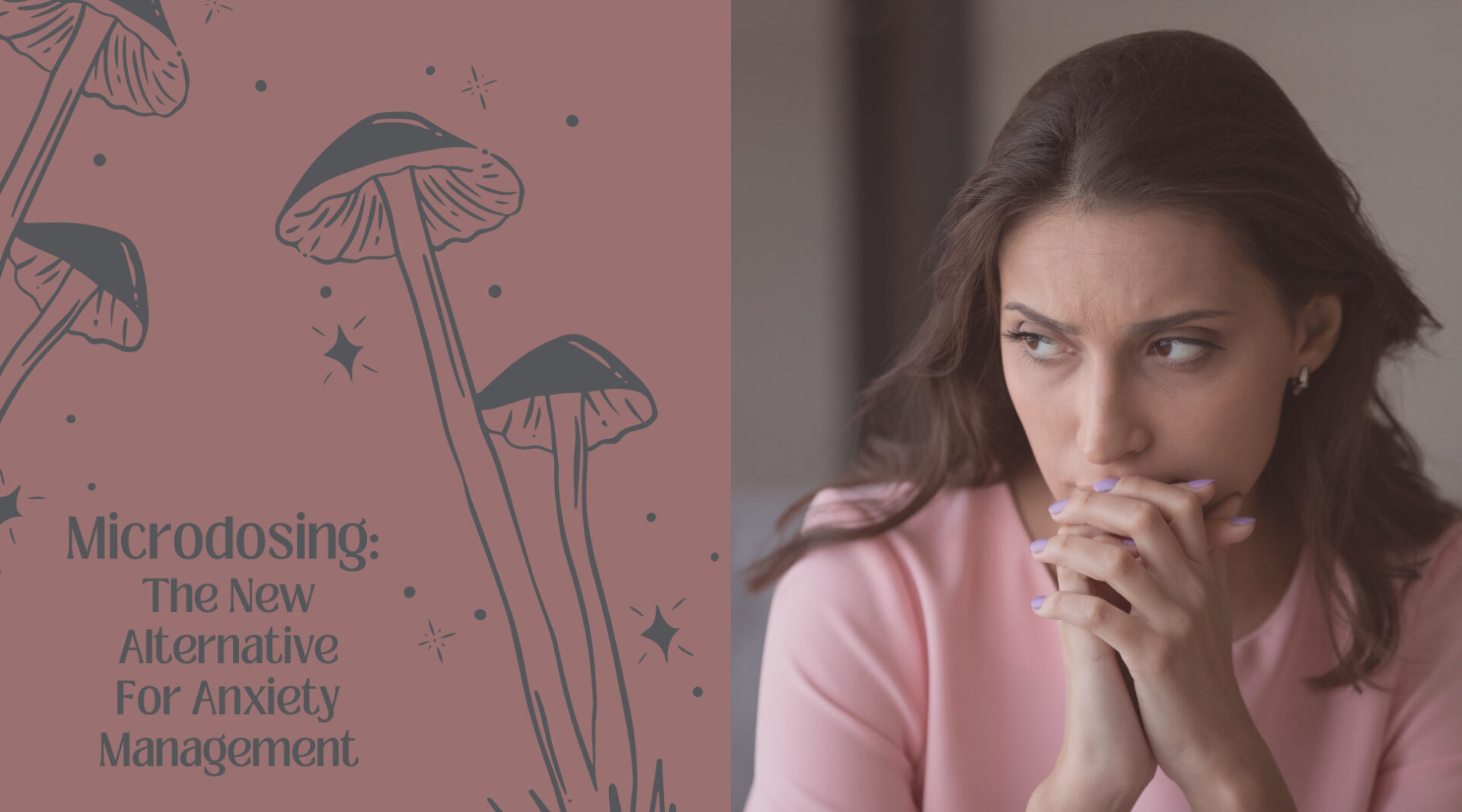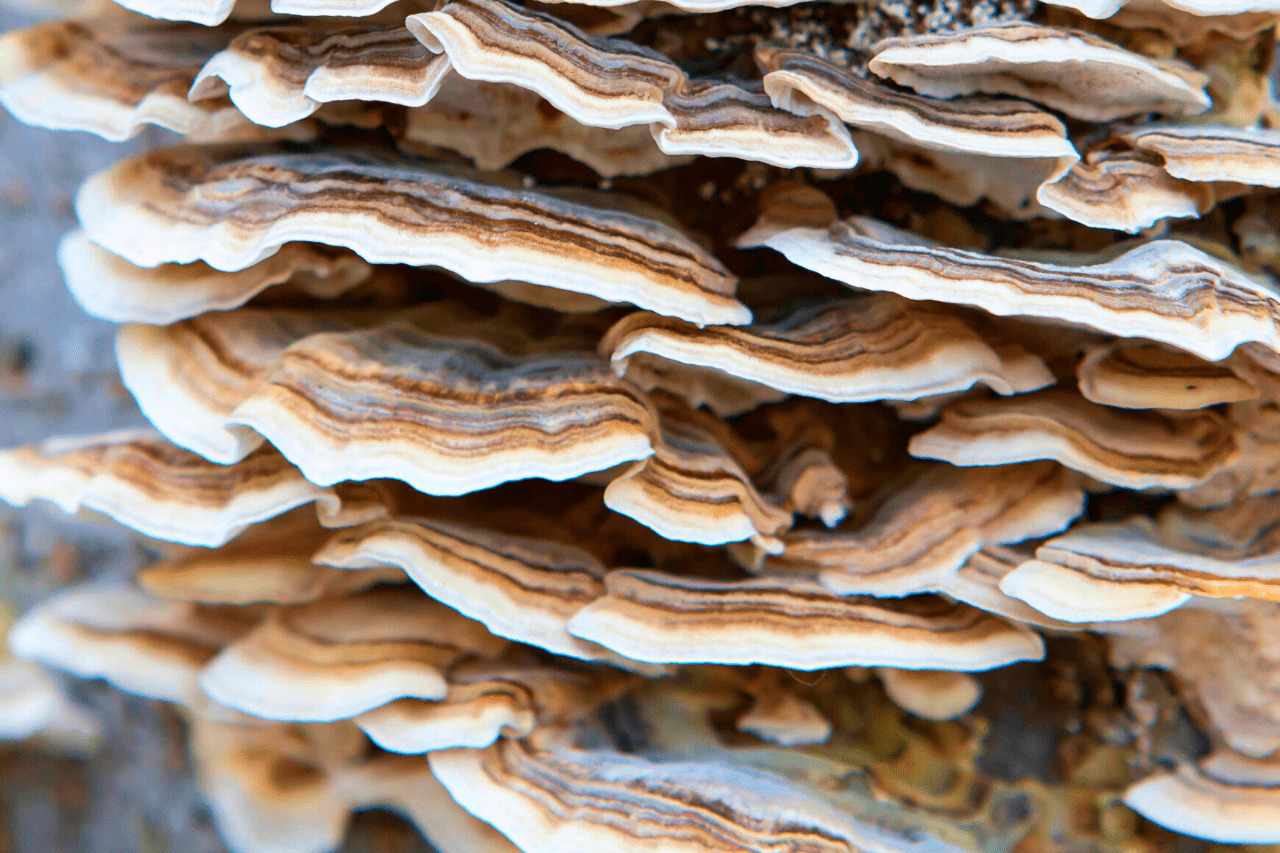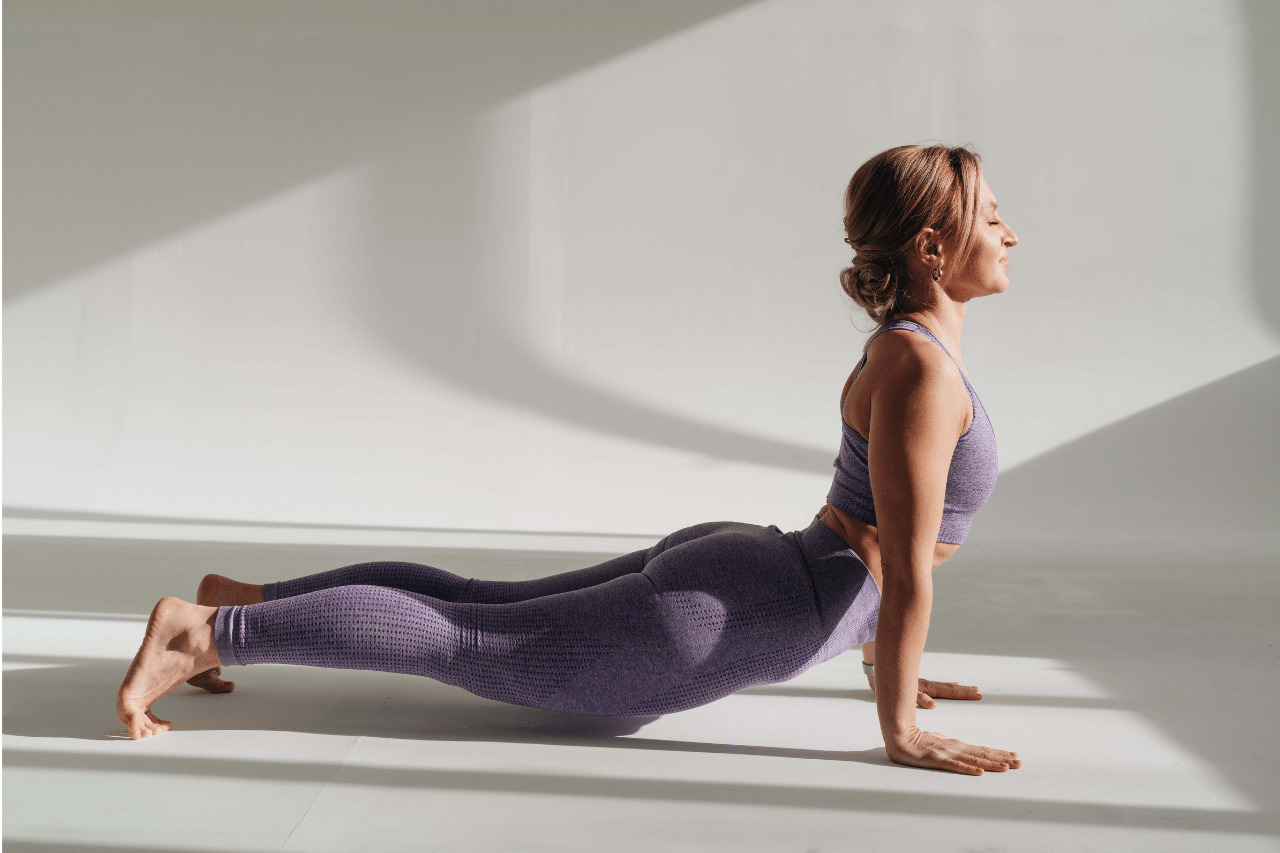
The Birth of the Psychedelic Industry
The history of the psychedelic industry is fascinating and intense. Despite the fact that psychedelics are among the most powerful healing substances on the planet,

Anxiety can be a slippery slope. This condition appears to be on the rise and is becoming more and more common. This common yet crippling condition can get in the way of every day doings. From things as big as being chronically anxious in the workplace to things as small as being too anxious to order food at a restaurant.
Anxiety effects us all in different ways. But what exactly is anxiety? Are there alternative methods to treating it? In this article, we will be looking at the basics of anxiety, some statistics around it as well as a helpful alternative you may have not considered before.
Anxiety is a normal emotional and sensational range that we all experience from time to time. It is our body’s way of responding to stress or a potential threat. It is the feeling of apprehension, worry, nervousness, doom or fear that can be anywhere from mild or severe. It is accompanied by physical symptoms such as racing heart, muscle tension, dizziness and/or sweating.
When a person experiences anxiety, the body releases hormones such as adrenaline and cortisol. These hormones are part of the body’s fight-or-flight response, which is a naturally developed part of evolution that is used to perceived/predict danger. This response helps us to be ready to act quickly and efficiently in dangerous situations. Ultimately, it is a survival mechanism.
Sounds pretty vital, right? Yes, it is a very helpful human function that has been one of the many reasons why humans have survived through such harsh periods of history. However, sometimes the body’s response to stress can become too intense. When the anxiety becomes overwhelming and unmanageable, it can lead to an anxiety disorder. Anxiety disorders are characterized by persistent and excessive fear, worry, apprehension or panic. They can be disabling and interfere with a person’s ability to function in their daily life. Anxiety disorders are the most common mental health disorder in the United States. They can affect people of all ages and from all walks of life.
Common anxiety disorders include generalized anxiety disorder, panic disorder, social anxiety disorder, post-traumatic stress disorder, obsessive-compulsive disorder and phobias. Treatment for anxiety disorders typically involve a carefully formulated mixture of psychotherapy and medication. Cognitive-behavioral therapy (CBT) is a type of psychotherapy that focuses on helping a person understand their anxiety and learn new ways of coping with the symptoms. Medication such as antidepressants and anti-anxiety medications are also commonly prescribed to help manage symptoms. Let’s move onto some statistics before moving on.
Anxiety is a very common mental health disorder that sadly affects millions of people around the world. According to the World Health Organization, approximately 264 million people suffer from anxiety disorders. In the United States alone, 18.1% of adults experience an anxiety disorder in any given year.
Additionally, 8.1% of adults experience a severe anxiety disorder. Anxiety is more common among women, with 23.4% of women experiencing an anxiety disorder in a given year compared to 14.3% of men. However, anxiety is much more common in younger adults, with 26.1% of adults aged 18-29 experiencing an anxiety disorder in a given year. Anxiety can have a significant impact on a person’s life, leading to decreased quality of life, increased risk of developing other mental health disorders and eventually even physical health issues if the problem is neglected for long enough.
With countless treatments available, it can seem like a total burden trying all kinds of different methods for managing anxiety without much success. Every one’s anxiety requires a different approach. That being said, what works for one person may not work for the next. In fact, what works for one person could possible worsen the anxiety of the next person!
Luckily, there are many alternative anxiety treatments popping up all the time. One recent and interesting approach is using psychedelics. More specifically, microdosing psychedelics.
Before we jump into how microdosing could help alleviate your anxiety, let’s briefly go over what microdosing actually is. Essentially, microdosing is a growing trend in which people ingest super small doses of psychedelics, often LSD or magic mushrooms, to enhance their mental and physical performance. The idea behind this approach is that sub-perceptual doses of psychedelics can be used to improve mood, cognition, creativity, physical performance and much more. Microdosing involves taking very small doses of psychedelics, typically between 1/10 and 1/20 of a recreational dose. This amount is not enough to cause hallucinations and/or other intense effects. Instead, it produces subtle changes in perception and mood.
Microdosers all over the Globe say that it can help to improve focus and concentration, increase energy levels, reduce stress and anxiety. The initial effects are often reported as being mild, but can still be felt throughout the day. The aftermath, on the other hand, can lead to profound changes in ones perception of themselves, the world around them and the problems they face; such as anxiety.
While there is limited scientific research on the effects of microdosing, anecdotal reports suggest it to be beneficial. However, it is important to note that microdosing is still a new practice and we have lots to learn about its many workings.
Before staring, I would just like to quickly add that there no one method fixes for anxiety. The best way to go about managing anxiety is approaching it with a collection of methods and experimenting. At the end of the day, everyone had different needs and trying various things will likely have a more powerful overall effect than putting all your bets on one method/treatment. That being said, I am not claiming in this article that microdosing will cure your anxiety. Instead, I am stating that it could be of great assistance by functioning as a tool to gaining greater emotional awareness and mindfulness.
Microdosing magic mushrooms can be an effective way to treat anxiety symptoms for many individuals. Recent scientific studies have shown that the active ingredient in magic mushrooms, psilocybin, has the potential to reduce anxiety and depression. In a recent study of 51 participants, researchers found that those who had taken microdoses of psilocybin reported lower levels of anxiety and depression than those who had not.
The therapeutic effects of psilocybin have been known for centuries. Ancient civilizations have used magic mushroom for spiritual ceremonies, believing that it would and promote deep healing. In modern times, researchers are beginning to understand the potential of psilocybin as a therapeutic agent.
Various small studies have shown that microdosing can have a positive effect on mental health, reducing symptoms of anxiety and depression. In a double-blind, placebo-controlled study of 36 participants, researchers found that those who had taken microdoses of psilocybin had significantly lower levels of anxiety than those who had taken a placebo.
But why? How does it work? While we still have yet to concrete our answer on this, we can estimate the therapeutic effects of psilocybin may be due to the compounds ability to increase the production of serotonin and dopamine in the brain, both of which are neurotransmitters involved in regulating mood. Psilocybin may also be able to reduce cortisol levels, which is a hormone that can contribute to feelings of stress and anxiety.
Microdosing magic mushrooms can be a safe and effective way to manage anxiety symptoms for some users. Taking small doses over a period of time can help to reduce anxiety, worry, stress and improve overall mental health. It’s important to speak with a doctor or mental health professional before attempting to use microdosing for therapeutic purposes. They can provide advice on the potential risks and benefits, as well as help you determine if microdosing is right for you.
Microdosing has demonstrated the ability to help many individuals improve their lives, manage their emotions with effectively and lessen the severity of their anxiety symptoms. Human history is wildly entangled with psychedelics. It only makes sense that we would find new ways to apply psychedelics to our lives in modern days. Hopefully, microdosing can be a gateway to normalising the use of psychedelics for conditions, such as depression and anxiety. Looking at the studies we have thus far and the countless testimonies, we know it is definitely worth a shot if you are someone who has tried everything and anything.

The history of the psychedelic industry is fascinating and intense. Despite the fact that psychedelics are among the most powerful healing substances on the planet,

Written by Sydney Waldner Let me introduce you to the holy grail of medicinal mushrooms; Turkey tail. If you are a forest lover, there

As the sun reaches its highest point in the sky during the summer solstice and the darkest night looms in the depths of

Microdosing and yoga; the iconic duo. I am so excited to write this article for you as I have been using microdosing as a

Let’s face it: New Year resolutions are super tough! As the New Year rolled in, hearts around the world sang with hope, filled with

In this blog, we dive into the transformative practice of immersing oneself in cold water and explore the remarkable benefits it offers. Discover the
GET 10% DISCOUNT WITH NOTIFIED ABOUT THE LATEST NEWS AND UPDATES. NO SPAM, WE PROMISE!
FREE Tracked shipping on orders over €250 to EU countries.
Monday- Friday 8.30am- 5pm (CET)
A range of options available
Guaranteed delivery or your money back